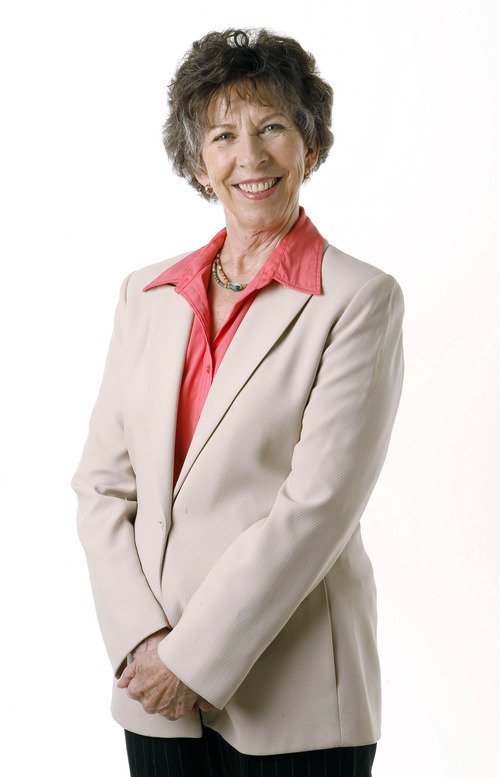This is an archived article that was published on sltrib.com in 2012, and information in the article may be outdated. It is provided only for personal research purposes and may not be reprinted.
Whew! The Los Angeles Times was in the hot seat this past week for publishing 2-year-old photos of American soldiers posing with body parts of Afghan suicide bombers.
Government and military officials were critical of the decision to run the photos and the story and so were lots of readers. Many expressed concern about backlash from Afghans that might endanger troops currently serving in that country.
But safety was also the reason the American soldier claimed for giving the photos to the Times. He served with the 82nd Airborne Division in Afghanistan and reportedly wanted to bring attention to a dangerous "breakdown in leadership and discipline" which threatens the life and well-being of those serving.
Talk about killing the messenger. The Times was to be damned if they did and damned if they didn't. Publish and they will be accused of putting American soldiers in danger. Don't publish and be accused of the same thing — and a cover-up too.
Would The Salt Lake Tribune have published the photos if we had been given them?
They came to light at a particularly sensitive time in the 10-year–old war, with U.S. and NATO forces in an exit-strategy, transitioning power to Afghan forces. And after a series of separate incidents, since the first of the year, that involved U.S. troops and spawned violent protests by Afghan citizens.
But yes, we would have published them.
Just as the Times did, we would have advised the White House and the Pentagon and asked for comment.
And also as the Times did, we would have delayed publication for a day or more as requested to let the Pentagon take steps they thought appropriate to protect troops.
It is the job of newspapers — and journalists — to tell the truth to the best of our ability and to balance the people's right to know and potential harm.
Clearly there was potential harm to be considered in this decision, the obvious danger being a violent reaction among Afghans that might put troops in harm's way more than they already are.
But consider the people's right to know the truth.
Look back at the incidents we know about in the past three months.
In March, a soldier in the U.S. Army goes on a shooting spree in two Afghan villages and kills 17 people — many of them children.
In February, soldiers at a U.S. base in Afghanistan burn — unintentionally, they say — copies of the Koran, the Muslim holy book. Afghans rioting in reaction maims scores of people and leaves 30 dead, including six Americans.
In January, a video of four U.S. Marines urinating on dead Afghans appears on the Internet and outrages viewers across the world.
Seems like a pattern, an illustration of what war can do to people — even trained soldiers. And what about the incidents we don't know about? How could it be better to not know what's happening with our troops? Or to the people of Afghanistan?
You can't deal with things you don't know about. And you can only move forward from where you are. So don't we want to know where we are? Don't we want to know what's real?
The truth is hard to take sometimes. It isn't always convenient. It can be disappointing. It can be ugly. But knowing — having information about ourselves and the world we live in — is part of our national identity. Our democracy relies on an informed citizenry.
Thoughtful, fair, balanced, comprehensive reporting in print and in photos or video may be the best way to know what's going on — the way to best inform ourselves. Information is what keeps us free from tyranny.
If the Times hadn't published select photos from those they were given, all of them may have found their way to the Internet anyway — and may still. The soldier who provided them showed care by choosing to release them to a trusted news source and the newspaper lived up to its responsibility by reporting in word and photos as accurately and truthfully as it could.
Nancy Conway is the editor of The Salt Lake Tribune. Reach her at nconway@sltrib.com.



